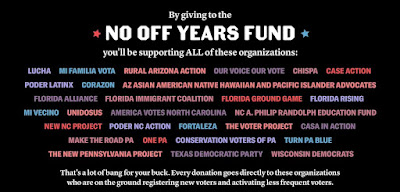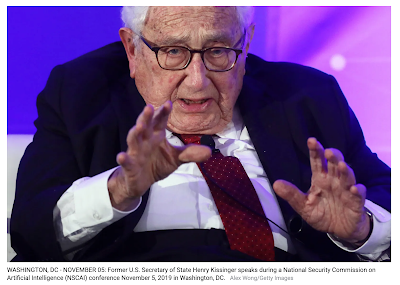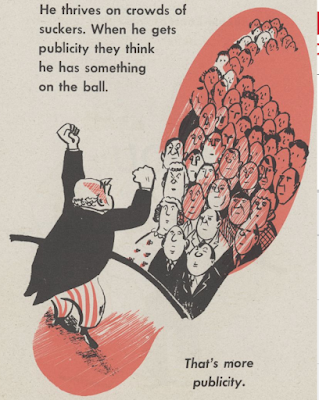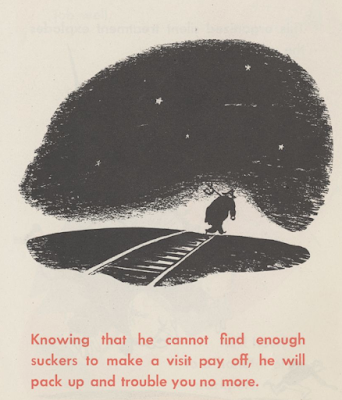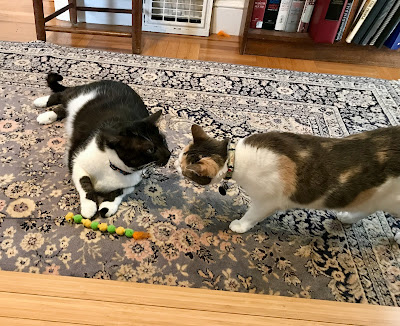Edsall's luminaries may even be correct. But he's become a bore.
And sometimes his conclusions are just minimizing and silly. Exhibit A -- "For $200, a Person Can Fuel the Decline of Our Major Parties."
Edsall sets out to indict the legions of small donors who have been funding campaigns during the last decade by asserting that their contributions have undermined political party control of candidates and campaigns. I have no real argument with the realization that political parties have lost control of the process. (I have plenty of argument with oligarchic big political donors, but that's not my subject here.)
Here in California, we saw an earlier iteration of the political party decay Edsall so regrets. In this state, beginning in the '90s and 2000s, the parties were overshadowed by functional ideological actors, like SEIU, the Sierra Club, and even NGO groupings such as San Francisco Rising. And it was in the interests of professional consultant gurus to make every candidate and political player a separate fundraising actor, since consultant income derives from the financial success of the people and causes they work for (plus a rake off for TV ads).
Edsall's column leads off by alluding to a stunning finding which goes completely unexplored.
In their 2022 paper, “Small Campaign Donors,” four economists — Laurent Bouton, Julia Cagé, Edgard Dewitte and Vincent Pons — document the striking increase in low-dollar ($200 or less) campaign contributions in recent years....
Bouton and his colleagues found that the total number of individual donors grew from 5.2 million in 2006 to 195.0 million in 2020. Over the same period, the average size of contributions fell from $292.10 to $59.70. ...
If the assertion I have emphasized is correct, there has been an astonishing growth in the sheer number of citizens who think that what happens in our democratic politics matters and who choose to pay into that process. Edsall sees a nightmare because these citizens -- right and left -- are expressing polarizing desires from government. I see participation -- buy-in -- by ordinary people on a novel level. I don't have to like all of them to be heartened.
If democracy is to work, people have to play. We differ a lot, to the verge of violence. That's scary. But that risk is the cost of commitment to people taking a role in the direction of the country. An unprecedented fraction of us are trying to take part via our dollars.
All this small giving naturally leads to attempts to aggregate the money more effectually. This ad was a great example from the last election cycle. With the increase will come ever more of this also. Maybe they could reduce the flood of email?